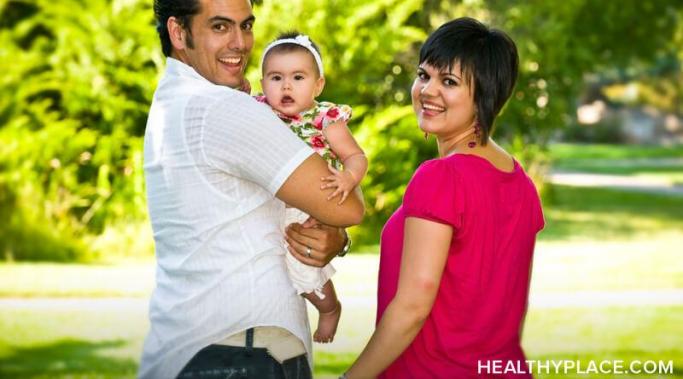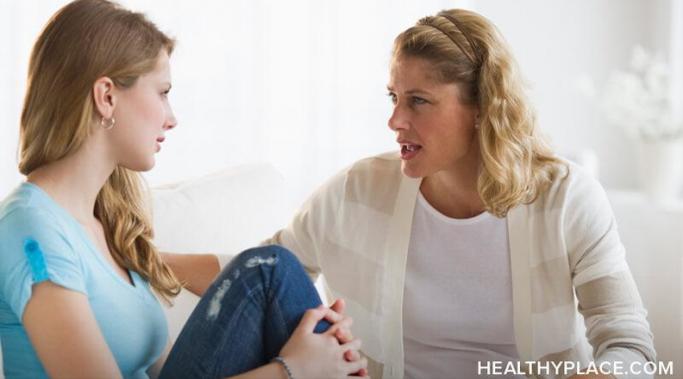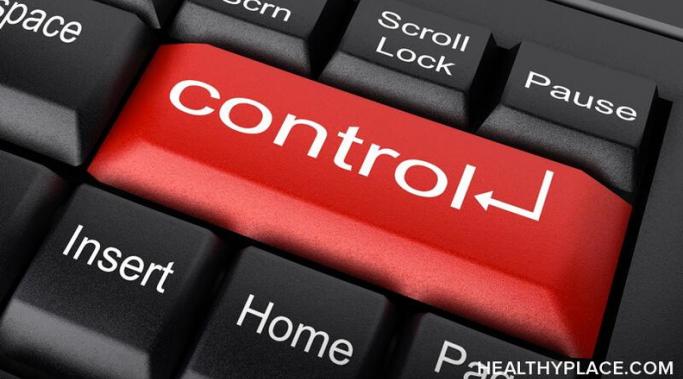In 2016, my life changed forever when I became a mom for the first time, but my mental illness has made my new role as a parent sometimes challenging. I was diagnosed with schizoaffective disorder 10 years before giving birth to our daughter, and I have been doing really well with medication for the last several years. Being a mom with a mental illness comes with additional parenting concerns specific to mental illness.
Relationships - Recovering from Mental Illness
Taking on motherhood with a mental illness makes starting a family difficult. I had been diagnosed with schizoaffective disorder and bulimia in my early 20s, 10 years prior to giving birth to our daughter (Mothering With an Invisible Mental Illness). My husband and I always wanted children so we decided to take a chance. Here’s our story of entering motherhood with mental illness.
Let's face it--Facebook attracts some toxic people and you need to know how to handle toxic people on Facebook. Whether they're posting belittling comments or mocking any honest, heartfelt post, they leave you feeling worse than before you read their comment. There are three major types of toxic people on Facebook, and the good news is there are ways to deal with people with issues. Here are the three toxic people on Facebook and how to handle them.
Last week was National Crime Victims Rights Week, and while at a rally, someone gave me a pamphlet on domestic violence issues in the lesbian, gay, bisexaul, transgender, queer (LGBTQ) community. While domestic violence can affect anyone and can take many forms, the unique forms of domestic violence in the LGBTQ community are rarely discussed. I will focus on three types of domestic violence issues: strict gender roles, access to safe places, and threat of "outing" without consent.
Unfortunately, abused people often believe certain lies. No one wakes up one day and says, "I think I'll fall in love with an abusive person." Many people in abusive relationships report that there was no violence until the relationship was well-established. At this point, conflicting emotions come into play--and emotions can be powerful and confusing. The fact that abused people believe lies makes the situation even more complicated. Here are three lies abused people believe.
Feeling misunderstood is one of the most difficult and painful things for people with mental illness. It’s difficult for most everyone, but sometimes our mental illness can make the misunderstanding even more complicated and can even contribute to mental health stigma. Has it ever happened to you? Some event transpires and you are clearly misunderstood by another person, or a group of people? Have you experienced a misunderstanding that has contributed to mental health stigma?
I am in the interesting position of being both a family member of a mentally ill person and being mentally ill myself. It sometimes gives me a unique understanding into both sides of the issues that can arise between the ill person and their family members.
It's difficult for some loved ones to give us validation for our mental illness because they don't want to believe we're in so much pain that they cannot heal. Mental illnesses and the symptoms they cause can sometimes put us in a great deal of pain. We have a need to share our pain with others. There’s just a desire in us for people we care about to know that we’re hurting. We want them to know so they can comfort us, reassure us, and take care of us. Mental illness validation from our loved ones and doctors helps us to recover.
If you are a person with mental illness, it is important that you feel safe with your doctor or psychiatrist. Your relationship with your doctor is one of the most important relationships in your life. This person will hear some of the most intimate details of your life. They will help you decide what medications to take, at what dosage, to help you. Arguably, they will know you as well as your significant other does. Your doctor will have the power to hospitalize you against your will if they determine you to be a danger to yourself or others. So, do you feel safe with your doctor?
Have you ever noticed that control is a major life issue for people? And have you noticed that we all, as human beings, want to have control of ourselves, others, and pretty much the entire universe, if we had our way? Of course, you've noticed, because you've lived around other people enough to know that our quest to control permeates much of our lives.









